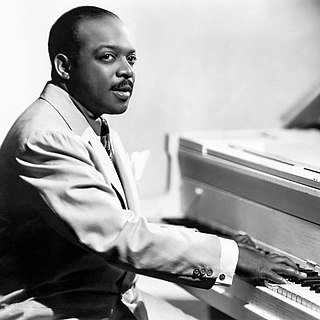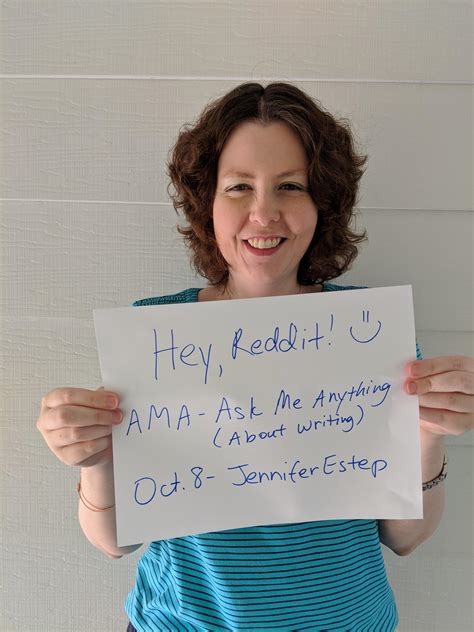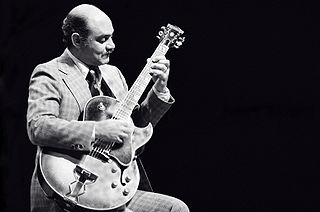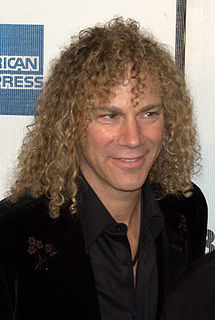A Quote by Stephen Sondheim
Take a play that you like but you think is flawed, and see if you can improve it and turn it into a musical. [...] Then make up your own story.
Related Quotes
A lot of the book [The Yoga of Max's Discontent] is about karma and rebirth. Things like that are very attuned to my life as an Indian, but when I approach it from a perspective of a Westerner, then I have a skeptical, yet kind of novice view on it. I think that choice really liberated the story to be its own story. A lot of the conclusions that Max reaches on his own are not mine at all. So, I think that allowed the story to take on its own momentum, to have its own propulsive force.
I think it's interesting playing characters who are flawed and make mistakes because we all have - no one's just one thing - no one is just bad or just good - so I like finding flawed characters and playing with their redeeming qualities, whether you play it outwardly or not. I think that one of the reasons I'm an actor is that I love people and I love finding out who they are and why they do the things they do, so it is fun to play those kinds of characters.
It's a trap I've fallen into earlier in my career - trying to be liked. Don't do it. When I watch TV and I see someone trying to make me like them, acting cute or quirky or goofy, I'm not impressed. Don't act like America's watching you. Just latch onto your character. Characters are flawed. Be unlikeable. Be flawed. Be a person.
Can you play the piano like Beethoven? Or sing like Carly Simon? Can you take fie pages' worth of quotes and turn them into a usable story ten minutes before deadline? I don't think so, unless you have more hidden talents I don't know about. We all have our special sills. They don't make us better or worse than each other. Just different
If you wish to see the blessings which "God has prepared for those who love Him" (I COR 2:9), then take up your abode in the desert of the renunciation of your own will, and flee the world. What world? The world of the lust of the eyes, of your fallen self (I JN 2:16), the presumptuousness of your own thoughts, the deceit of things you can see.
I think your text [script] is everything; it's what informs you; it's what gives you the given circumstances. Then you take that and you add your own creativity and your own spin on things and you make it personal. That's what makes that character and that text unique to you, when you personalize it. I think that's where your job as an actor comes in.
You can't think and play. If you think about what you're playing the playing becomes stilted. You have to just focus on the music I feel, concenctrate on the music, focus on what you're playing and let the playing come out. Once you start thinking about doing this or doing that, it's not good. What you are doing is like a language. You have a whole collection of musical ideas and thoughts that you've accumulated through your musical history plus all the musical history of the whole world and it's all in your subconscious and you draw upon it when you play
The amazing thing about the cistern is that, if you're improvising in a dead room, you play your note and then you're left with your thoughts and you have to be really quick on your feet and be able to move through many different musical thoughts seamlessly. Improvising there is just, like, you play a note and then you had at least ten seconds to think, "What would be the perfect accompanying note to that?" And then you could add that note. You can just build this puzzle that was really amazing.
The actors come in and they make characters their own and so Patrick and I have never been the kind to think that our script is the bible. We want to make sure that the story is told, that you stick to the story but if you have to make changes to the character then that's fine. A lot of times there are some funny one-liners, funny things that happen that are out of the ordinary. I like it.









































